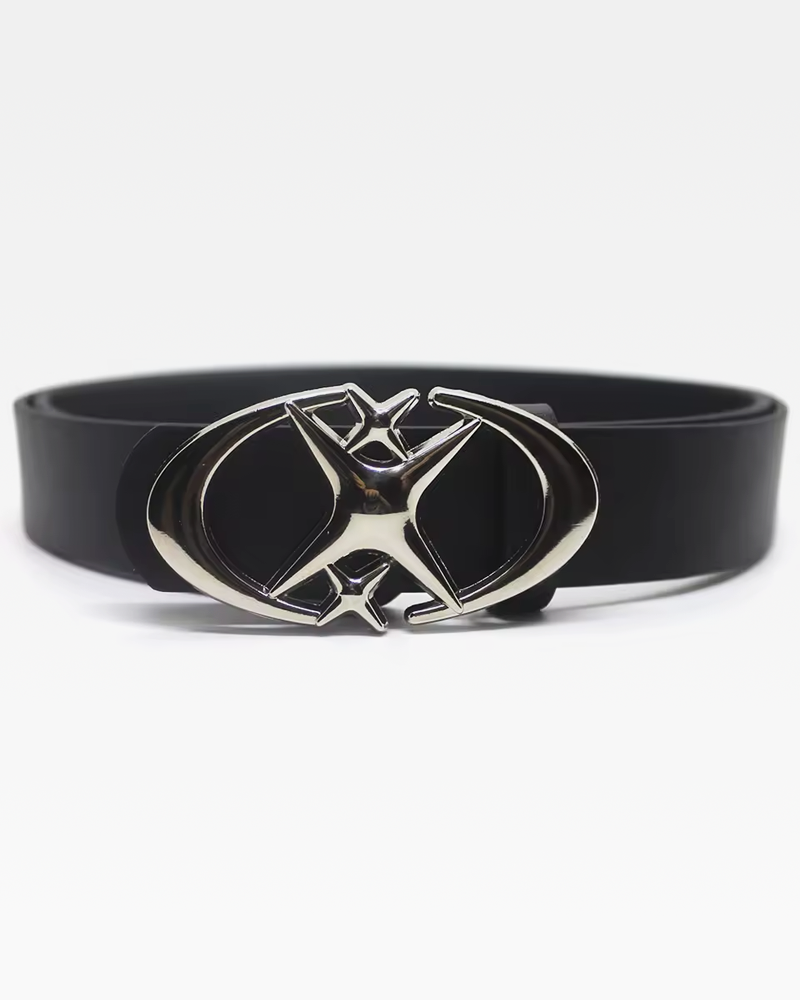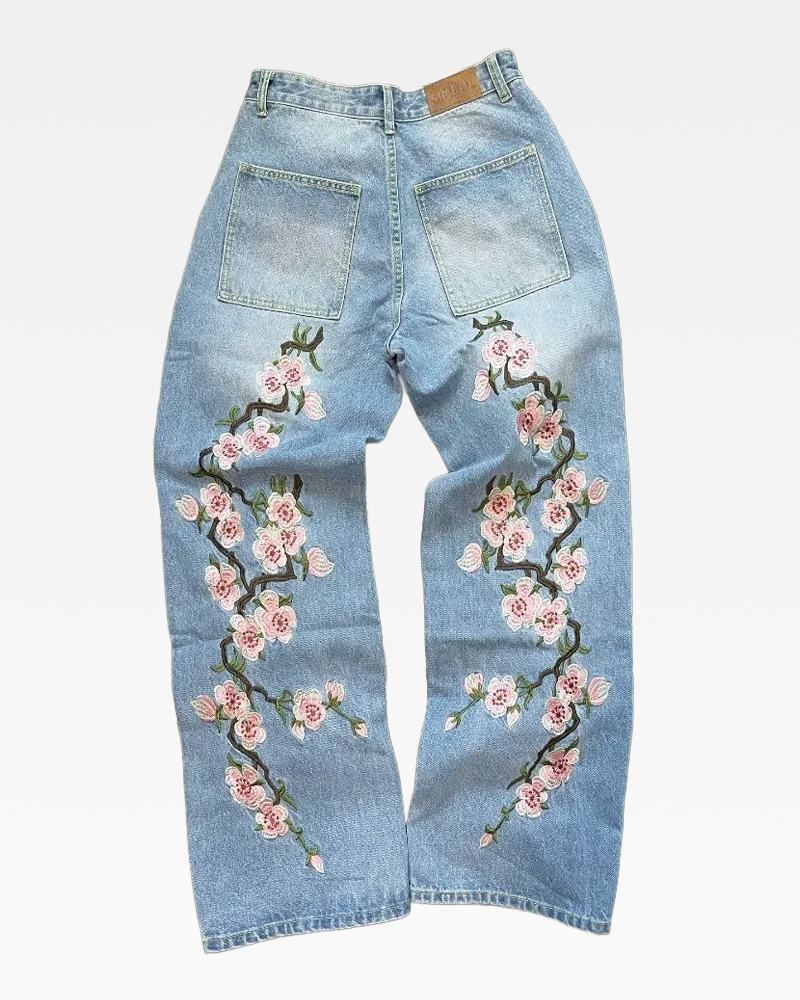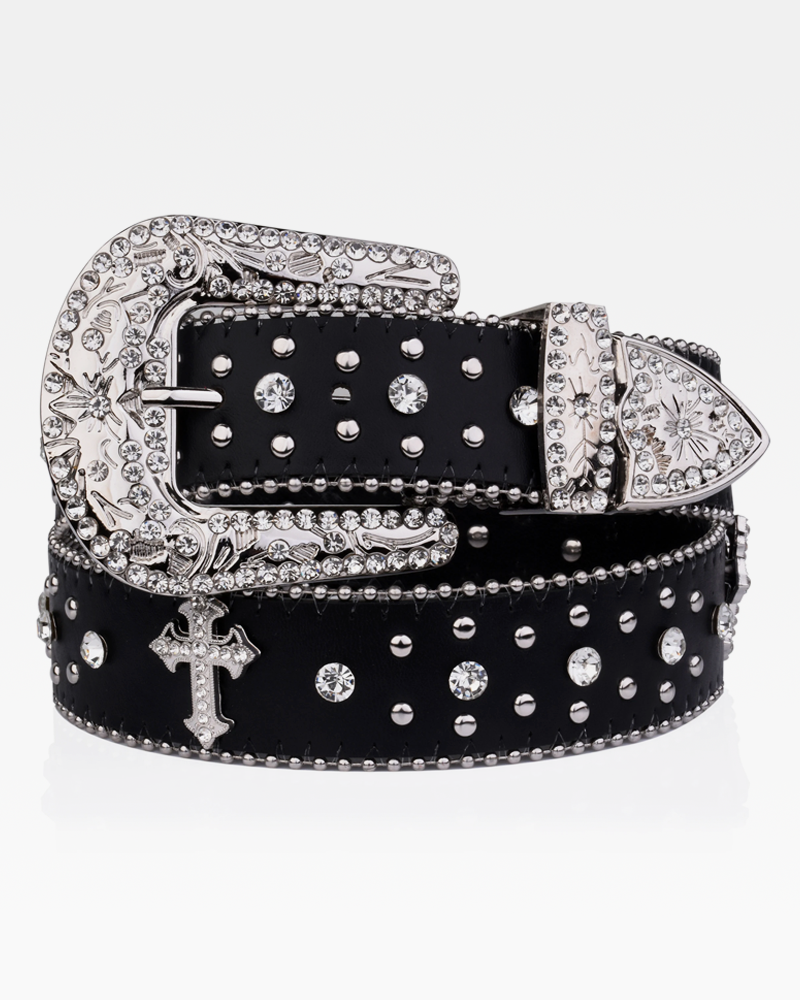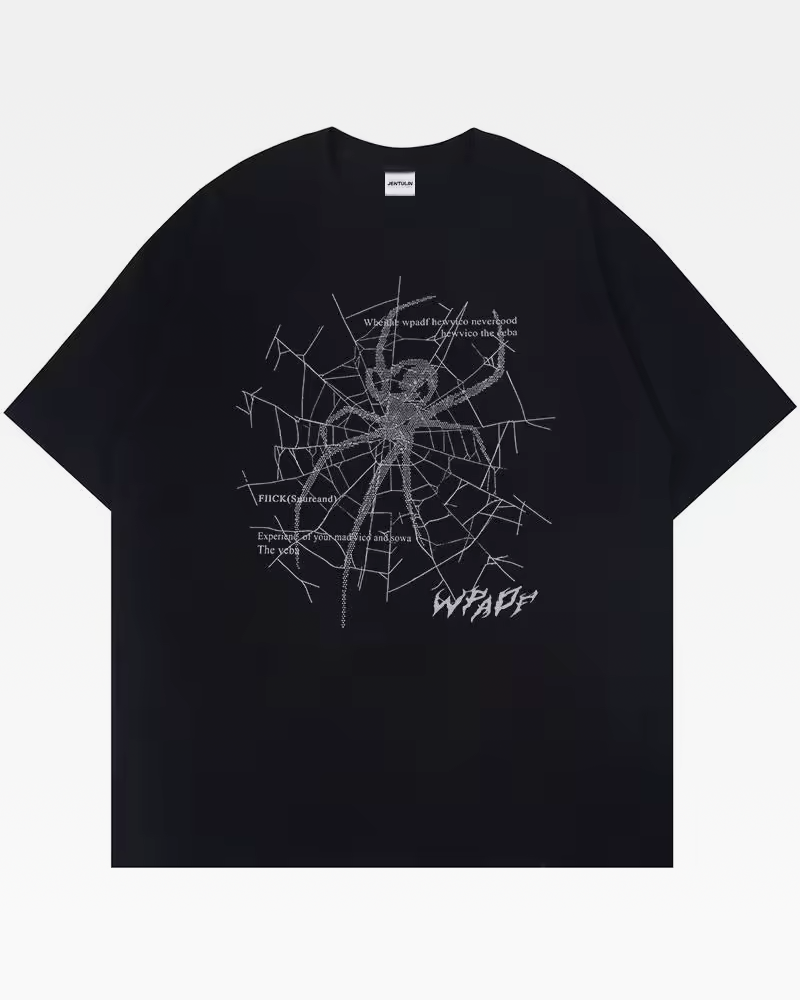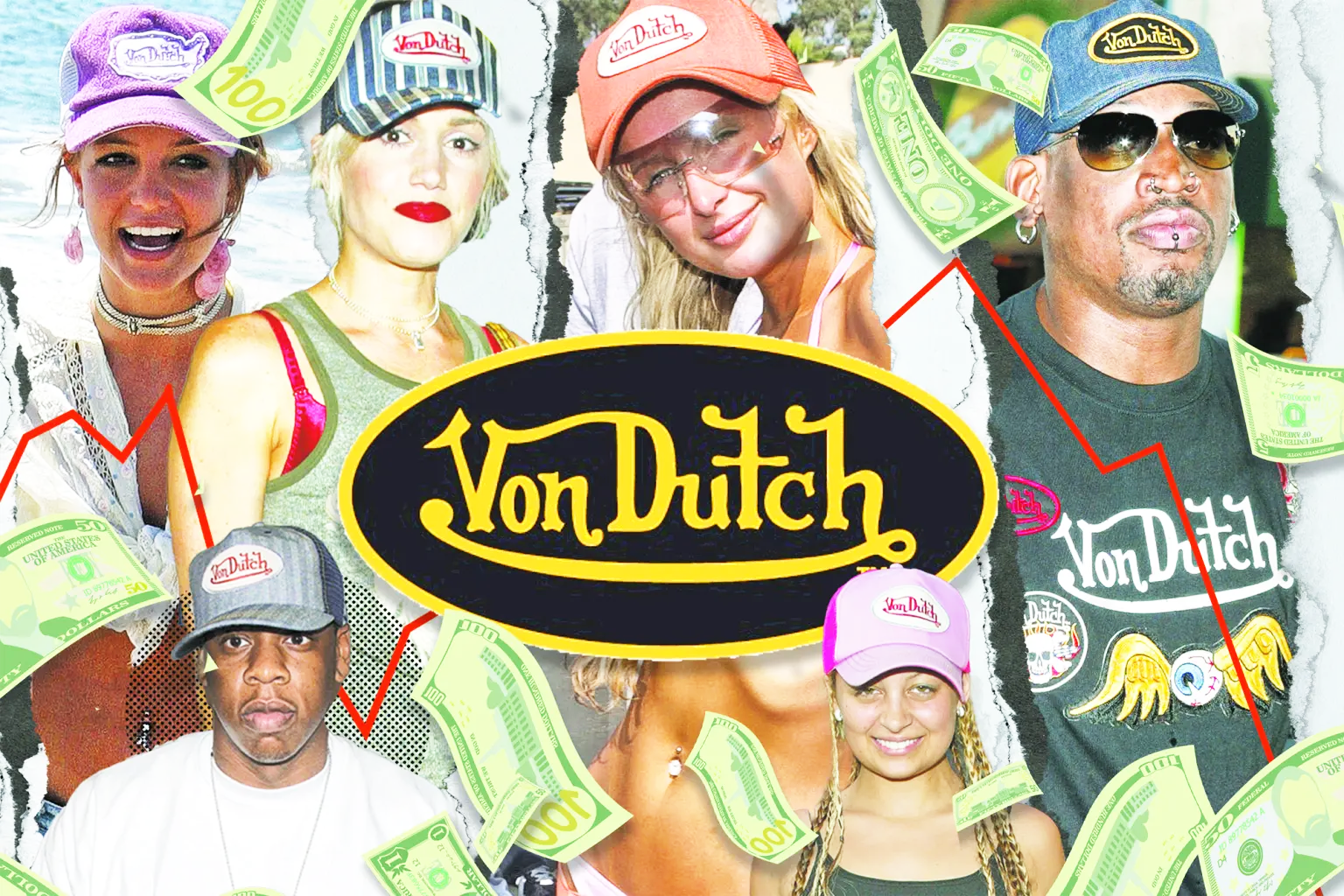For much of the 2000s, Diesel was one of the most recognizable denim labels in the world. Known for its provocative campaigns, club-ready jeans, and rebellious spirit, the Italian brand dominated fashion at the height of Y2K culture. But by the mid-2010s, Diesel had lost its cultural relevance. Fast-fashion retailers undercut its price point, luxury houses outpaced its desirability, and the brand's identity became increasingly blurry.
Then came Glenn Martens. The Belgian designer, appointed creative director in 2020, would soon transform Diesel into one of the most talked-about fashion houses in Europe. In just a few years, he reestablished its relevance, redefined its image, and proved that a brand once considered outdated could rise again as a cultural force.
Diesel Before Martens: The Struggle Years

Before Martens arrived, Diesel was struggling. Founded in 1978 by Renzo Rosso, the brand thrived in the late 1990s and early 2000s as a denim disruptor. Its jeans were a global status symbol, tied to nightlife, youth rebellion, and a premium edge that set them apart from traditional denim labels. But as the fashion cycle evolved, Diesel's edge dulled. Luxury fashion houses captured the high-end market with bolder, more directional design, while streetwear and fast fashion surged with energy and affordability. Diesel's once-provocative identity seemed dated, and sales began to slump. Stores closed, cultural influence waned, and critics wrote the brand off as a relic.
The Arrival of Glenn Martens

When Diesel announced Glenn Martens as its new creative director in 2020, the fashion world was curious but cautious. Martens was best known for his work at Y/Project, where he built a reputation for playful deconstruction, twisted silhouettes, and experimental tailoring that blurred the line between streetwear and couture. The question was whether such an avant-garde sensibility could rejuvenate a denim brand. Martens quickly answered by proving that denim, far from being basic, could become a canvas for radical creativity.
Redefining Denim for a New Generation

Under his vision, jeans were no longer just casual wear but sculptural statements. He introduced distressed and reassembled pieces, experimented with ultra-wide silhouettes, and reinvented washes to create textures that felt futuristic yet raw. Denim, once considered Diesel's safe zone, suddenly became its most daring medium. This redefinition of denim anchored the brand's revival and set the tone for its new identity.
The Runway Revival

The turning point came with the Fall/Winter 2022 show in Milan. Staged in a massive industrial venue filled with oversized inflatable sculptures, the collection presented ultra-low-rise skirts, shredded jeans, distressed leathers, and exaggerated outerwear that blended nostalgia with futurism. Critics praised the show for capturing Diesel's rebellious DNA while making it relevant to a new generation. In a fashion landscape dominated by polished luxury, Diesel stood out for being unrefined, bold, and impossible to ignore.
Marketing the Diesel Attitude

Martens didn't just reinvent Diesel on the runway; he reshaped its entire attitude. The brand leaned back into its irreverent roots, reviving the humor, sexuality, and provocation that once made it iconic. Campaigns became raw, unpolished, and directly attuned to youth culture. Instead of competing with luxury houses on polish, Diesel positioned itself as the loud, unapologetic outsider. This attitude resonated with Gen Z, who were less interested in perfect minimalism and more drawn to authenticity, chaos, and individuality.
Viral Moments and Pop Culture

Part of Diesel's comeback has been its ability to generate viral cultural moments. The Spring/Summer 2023 show featured the world's largest inflatable sculpture, certified by Guinness World Records, which spread across social feeds within hours. Celebrities like Dua Lipa, Kylie Jenner, and Rihanna were photographed in Diesel, giving the brand pop culture visibility. On TikTok, Diesel's ultra-low-rise jeans, distressed maxi skirts, and logo belts became fashion obsessions, turning into viral staples for influencers and fans. Diesel was not just back on the runway - it was back in the zeitgeist.
Sustainability and Future Thinking

Another crucial layer of Martens's work is sustainability. Through the "Diesel Library", the brand launched a line of denim essentials designed with responsible materials and production processes. In an era when younger consumers demand accountability from brands, this move showed that Diesel was not only reborn aesthetically but also ethically. Sustainability wasn't positioned as an afterthought, but as part of the brand's evolution into a relevant modern label.
Blending Past and Future

What makes Martens's approach so effective is the balance he strikes between past and future. He doesn't deny Diesel's early-2000s heritage, but he doesn't reproduce it without critique either. Instead, he reinterprets the brand's nostalgic symbols - the low-rise jeans, the distressed textures, the logo-heavy belts - through the lens of today's fashion language. He adds new proportions, gender-fluid styling, and conceptual design touches that feel fresh rather than dated. It is nostalgia sharpened with a modern edge.
Why Glenn Martens Succeeded

This balance is why Martens has succeeded where others failed. His Diesel feels authentic because it embraces the brand's DNA instead of discarding it. It feels innovative because it pushes denim into unexpected forms. It feels rebellious because its campaigns and shows embrace imperfection rather than striving for unattainable polish. It feels democratic because its price points remain accessible compared to many luxury houses. And most importantly, it feels culturally relevant, plugged into the worlds of TikTok, celebrity endorsements, and viral spectacle.
Final Thoughts

The result is one of the most striking fashion comebacks of the decade. Diesel, once dismissed as outdated, is now considered a fashion powerhouse again. By reenergizing denim, reviving irreverence, and speaking directly to a generation that values authenticity over polish, Martens has brought the brand back to life.
In the end, Glenn Martens didn't just give Diesel a makeover. He restored its soul. He reminded the world that Diesel was never about being safe or conventional. It was always about being bold, rebellious, and unforgettable. That spirit, reimagined for a new generation, is why Diesel matters again - and why its renaissance feels less like a revival and more like a revolution.

